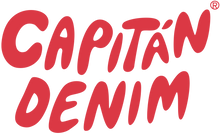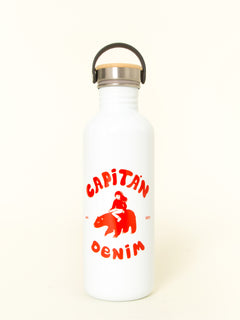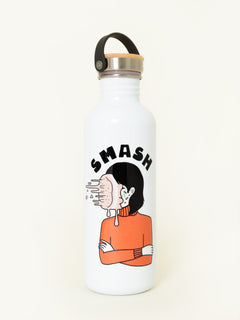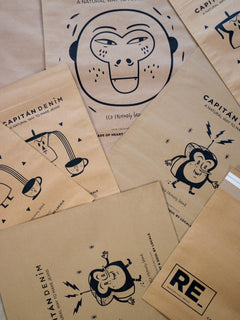Certificates
We like to think that we do things to the best of our ability. This is no longer our own perception, therefore, to give credibility to our work, we work with independent entities that judge and accredit our way of doing things. Next, we explain the types of certificates we have and what each of them means.
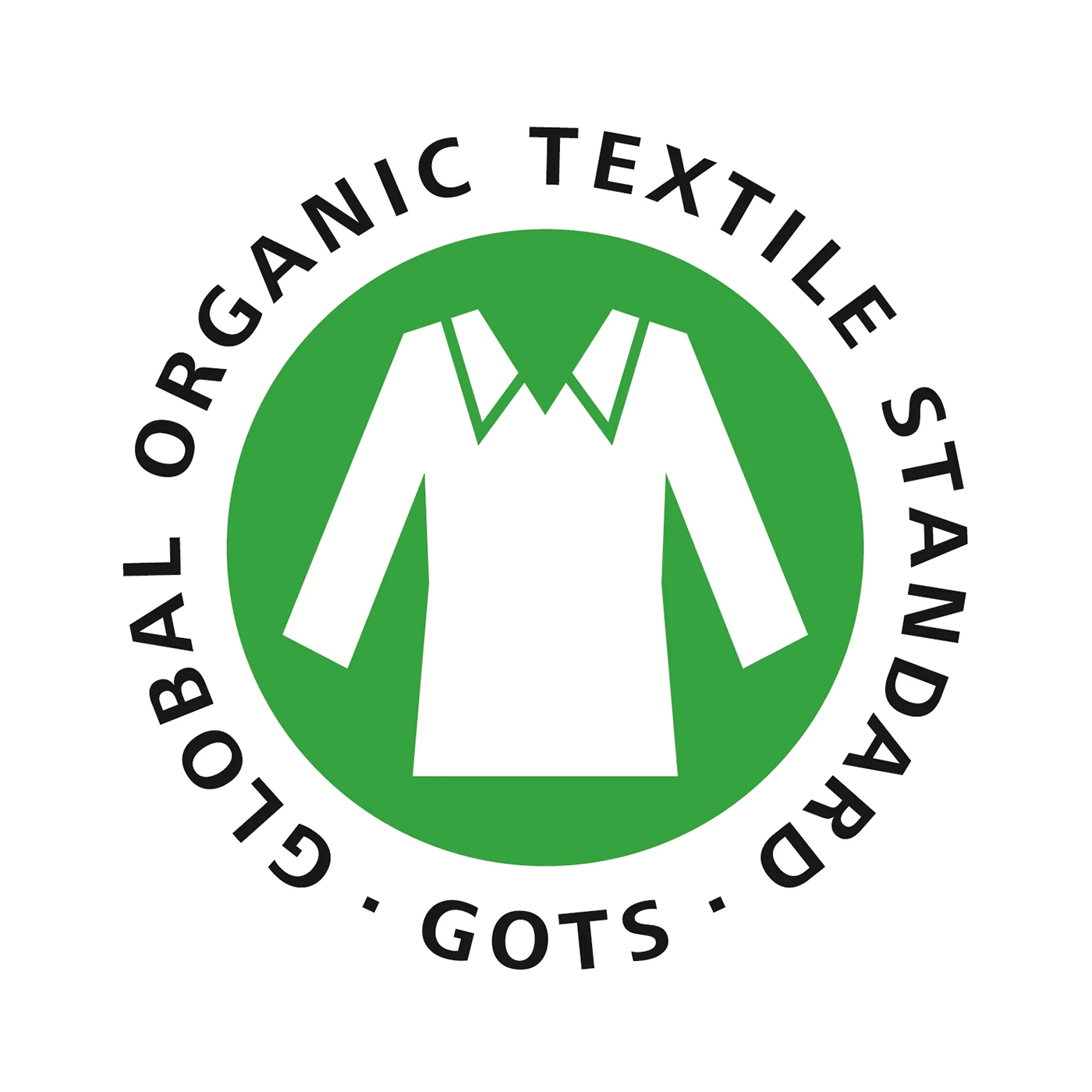
Global Organic Textile Standard (GOTS)
GOTS is an internationally recognized certificate that guarantees that products are made with at least 70% organic natural fibers. Therefore, it ensures the organic condition of textiles, from the harvest of raw materials, responsible and ecological manufacturing, to labeling and distribution.
In addition, they guarantee that GOTS-certified textiles have been produced free of pesticides, chemical fertilizers and insecticides.
Global Organic Textile Standard was founded by four organizations: Organic Trade Association (OTA, United States), Internationaler Verband der Naturtextilwirtschaft (IVN, Germany), The Soil Association (United Kingdom) and Japan Organic Cotton Association (JOCA, Japan). GOTS arose with the aim that organic textile production standards were internationally recognized.
OEKO-TEX® Standard 100
This certification guarantees that products labeled with this seal have been analyzed to verify that they are free of harmful substances. Therefore, a garment with the OEKO-TEX® Standard 100 certificate is a garment that does not harm health.
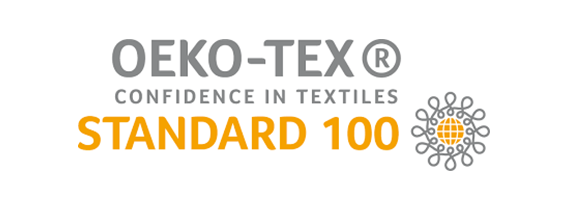
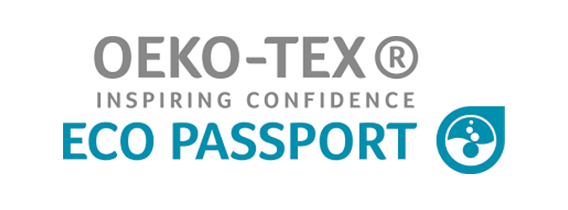
OEKO-TEX® ECO PASSPORT
This certification consists of carrying out a verification of both manufacturers and chemical compounds. Thanks to this, it can be confirmed that all products comply with the standards for environmentally responsible textile production.
OEKO-TEX® is an independent international association made up of 18 authorized institutes and present in 85 countries around the world.
Global Recycled Standard (GRS)
The Global Recycled Standard verifies that the product itself is made from recycled materials and has been produced in compliance with social, environmental practices and chemical restrictions. This certificate takes into account both the finished products, the materials that were needed to manufacture them and, in general, the intermediate production processes. Furthermore, it guarantees that the working conditions of the workers who have carried out this product are optimal and that the harmful environmental and chemical impact has been minimized.
GRS was originally developed by Control Union Certifications in 2008, and ownership transferred to Textile Exchange in 2011. Textile Exchange drives industry transformation towards preferred fibers, greater integrity, incorporation of sustainable standards into the business model and responsible supply networks.
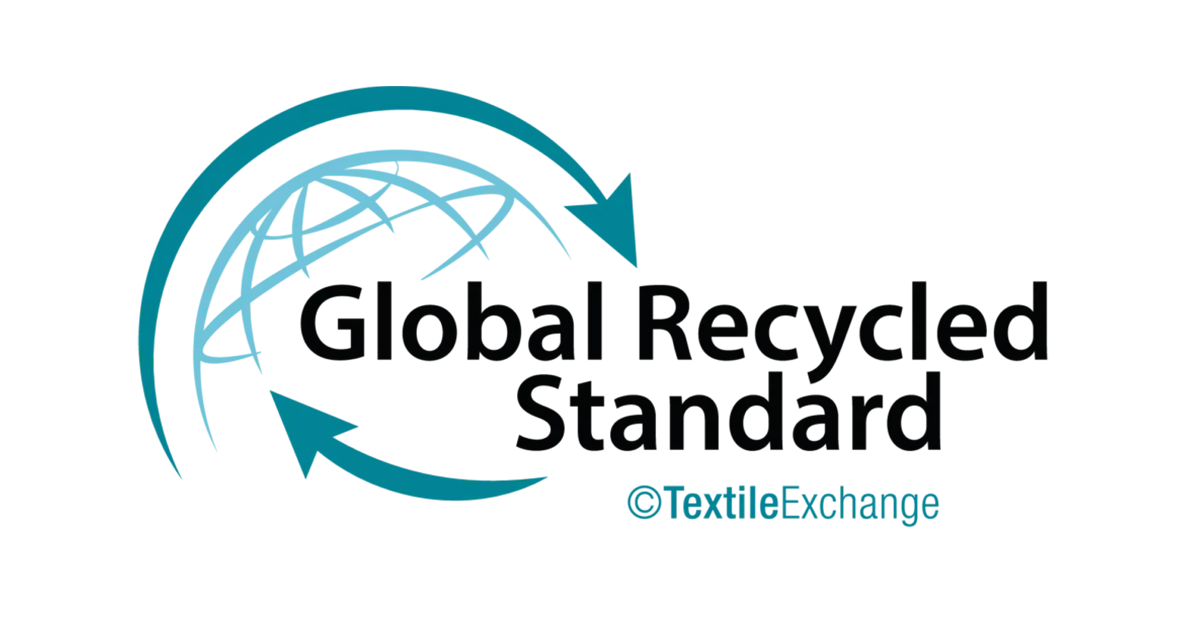
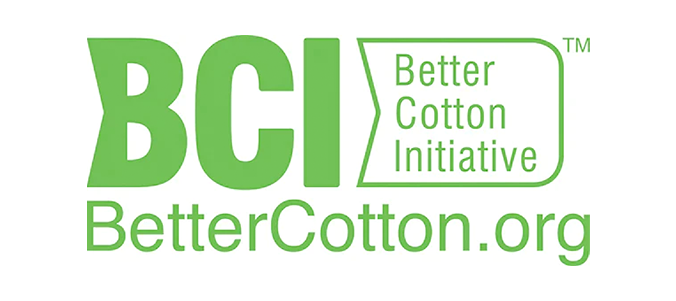
Better Cotton Initiative (BCI)
Better Cotton Initiative is an international entity that works to defend the best standards of cotton production. One of its objectives is to control that all the raw material is sold with a controlled and fair price. In addition, it also defends that the working conditions and wages of cotton producers are as optimal as possible.
I calculate, I reduce, I compensate.
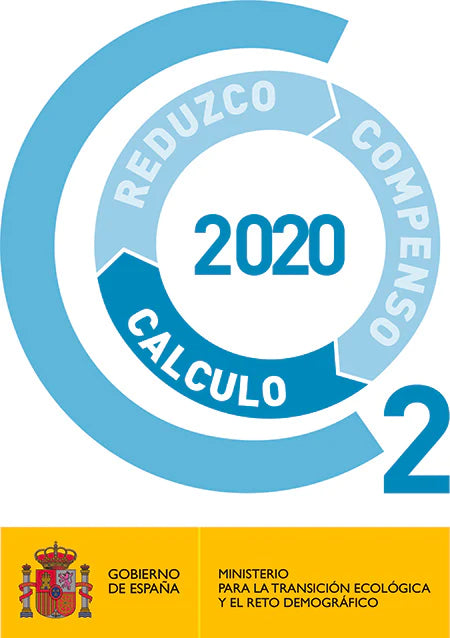
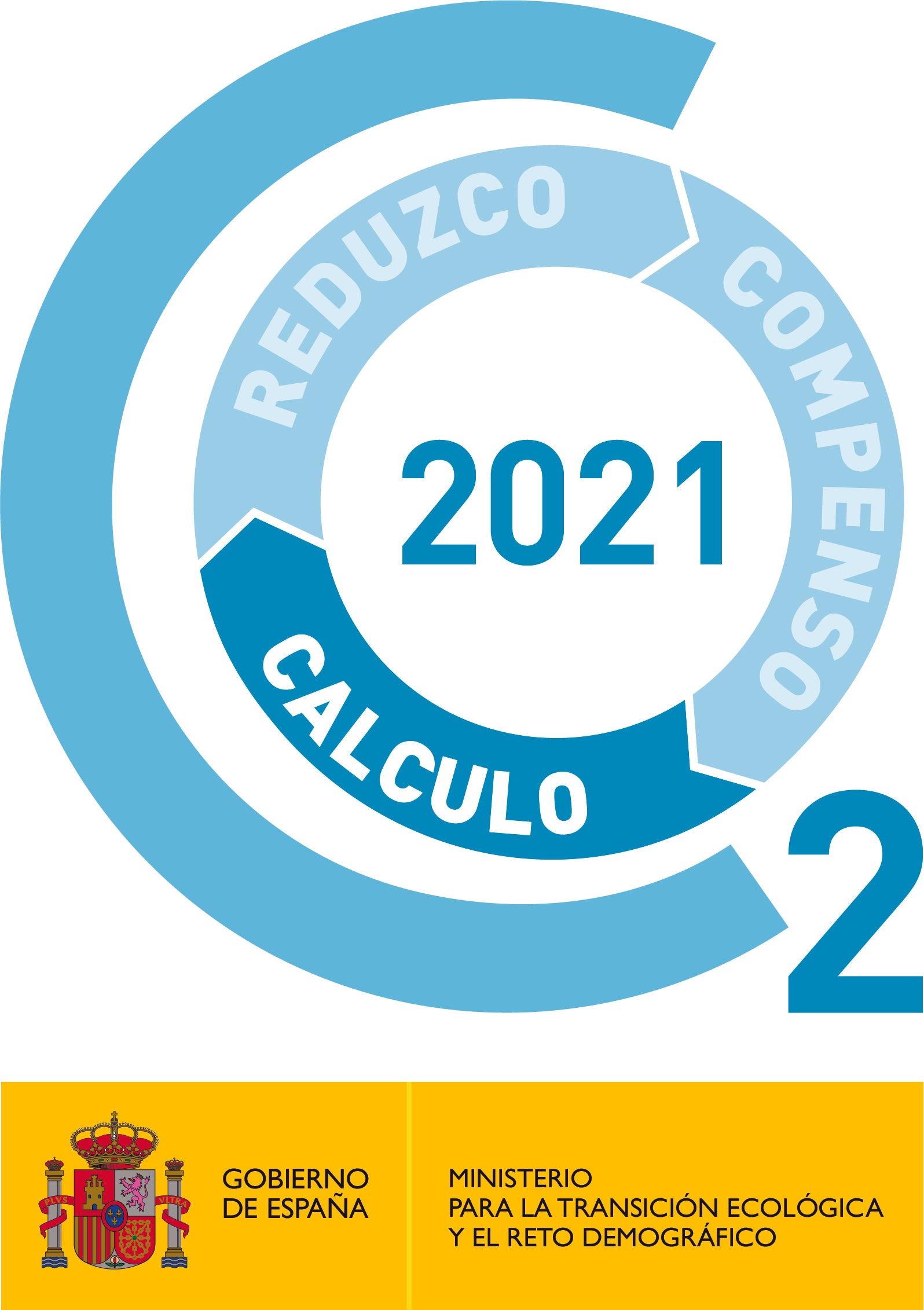
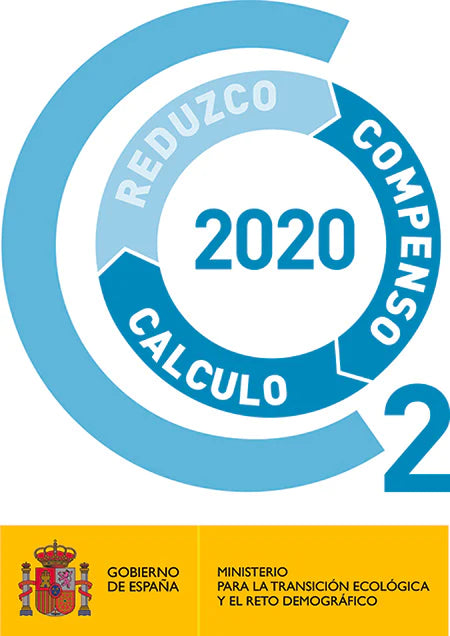
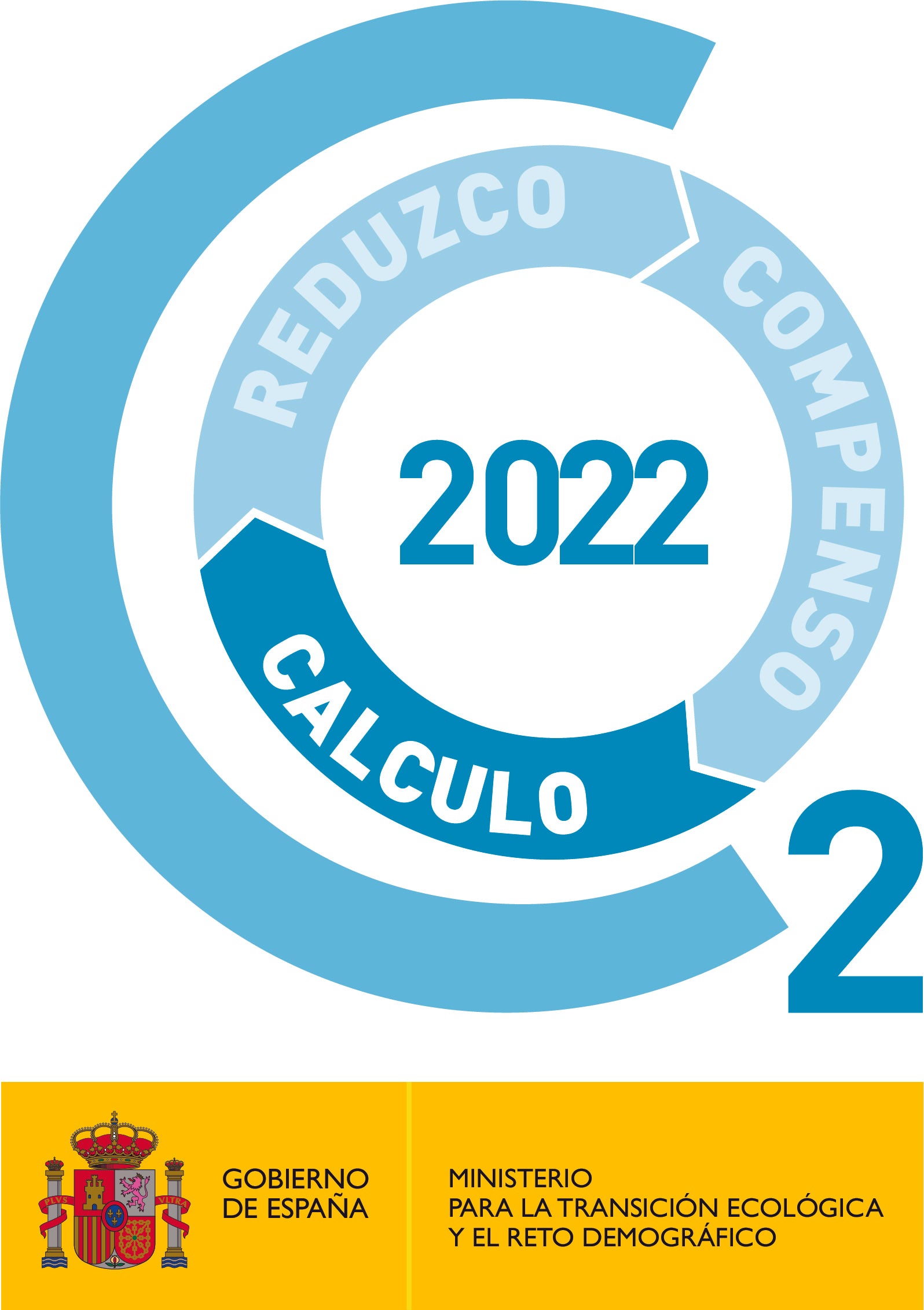
The I calculate, I reduce and I compensate seal is the triple accreditation that Aenor and the Ministry for the Ecological Transition and Demographic Challenge make available to companies that are managing their carbon footprint.
- “Calculation” refers to the calculation of the carbon footprint.
- "I reduce" translates into the actions that are carried out to achieve the reduction of the footprint.
- “Offset” demonstrates how to offset emissions through developed removals or purchases of carbon credits.
